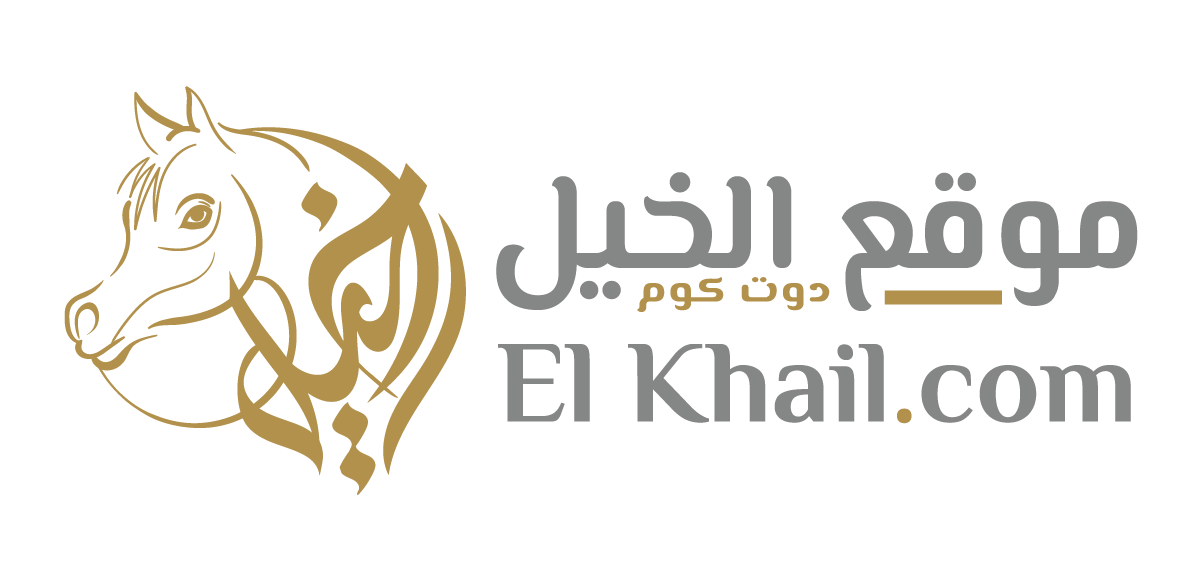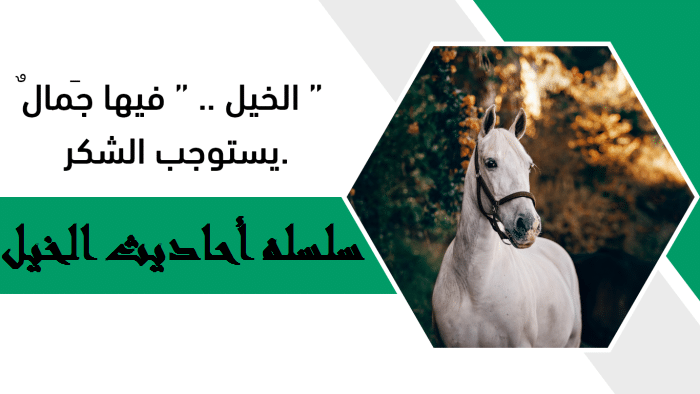- On the authority of Abdullah bin Omar, may God be pleased with them both: “The Messenger of God (PBUH) made two shares for the horse and one for its owner.” Narrated by Al-Bukhari and Ibn Hibban in his Sahih and Shuaib Al-Arna’oot in “Tareekh Sahih Ibn Hibban”.
Narrated by Ahmad bin Hanbal:
“The Messenger of God (may God bless him and grant him peace) appointed the day of Khaybar for the horse two shares, and for the man one share.”
In the narration of Al-Haythami in “Majma’ Al-Zawa’id” on the authority of Abdullah bin Abbas:

“So He made these two arrows strength in horses and weapons, and made the arrow of orphans, the needy and the wayfarer not to be given to anyone else, and He made the remaining four shares, for the horse two shares, for its rider one share, and for the footsteps one share.”
Ibn Hajar al-Asqalani said in Fath al-Bari Sharh Sahih al-Bukhari:
His saying: (He made the horse two shares and its owner one share), meaning other than the two shares of the horse, so the rider will have three shares, and it will come in the Battle of Khaybar that Nafi’ interpreted it as well and his wording: “If a man is with a horse, he has three shares, and if he does not have a horse, he has a share.” Abu Dawud on the authority of Ahmad on the authority of Abu Muawiyah on the authority of Ubaid Allah bin Omar with the wording of shares for a man and his horse three shares, one share for him and two shares for his horse. With the wording “the horse has two arrows” Al-Daraqutni said on the authority of his sheikh Abu Bakr Al-Nisaburi: and they are in it Al-Ramadi and his sheikh. Ibn Abi Asim in his book of jihad on the authority of Ibn Abi Shaybah, as if al-Ramadi narrated it with the same meaning, and Ahmad narrated it on the authority of Abu Osama and Ibn Nameer together with the wording: shares for the horse, and on this interpretation also bears what was narrated by Naim bin Hammad on the authority of Ibn al-Mubarak on the authority of Ubayd Allah, such as the narration of al-Ramadi Narrated by Al-Daraqutni, and it was narrated by Ali Ibn Al-Hassan bin Shaqiq, and he narrated it Bit of Na’im on the authority of Ibn Al-Mubarak with the wording: shares for the horse, and the apparent meaning of this narration was adhered to by some of those who argued for Abu Hanifa in his saying: The horse has one share and its rider has another share, so the rider has only two shares, and there is no argument in it for what we mentioned. He also argued for him what Abu Dawood brought out from the hadith of Majma’ bin Jariyah in al-Jim and al-Tahtani in a long hadith on the story of Khaybar, he said: “So he gave the horse two shares and the footman one share, and in its chain of transmission there is weakness, and if it is proven, it is based on what was preceded because it bears the two things, and combining the two narrations is better, especially the first isnaads.” It was proven and with its narrators an increase in knowledge, and the clearest of that is what Abu Dawood narrated from the hadith of Abu Amra “that the Prophet, may God bless him and grant him peace, gave two shares to the horse and to each person one share, and the horseman had three shares.” And for women from the hadith of al-Zubayr “that the Prophet, may God bless him and grant him peace, struck him four shares. Two arrows for his horse, one for him, and one for his kinship.” Muhammad bin Sahnoun said: Abu Hanifa was alone in this without the jurists of the regions, and it was reported from him that he said: I hate to prefer an animal over a Muslim, and it is a weak suspicion because the arrows are in fact all for the man. I said: If the news had not been proven, the suspicion would have been It is strong because what is meant is the trade-off between the foot and the rider, were it not for the horse, the rider would not have increased two shares than the foot, so whoever made two shares for the knight has only [p. So let the comparison be, and it has been resolved The Hanafis say that the animal is on humans in some rulings, and they said: If a hunting dog is killed, the value of which is more than ten thousand will be paid by it. The truth is that reliance on this is based on the report, and Abu Hanifa was not alone in what he said, as it came from Omar, Ali and Abu Musa, but what is established from Omar and Ali is like the public in terms of meaning that a horse needs supplies to serve it and fodder and that it obtains from it riches in war that is not hidden, and he used it as evidence However, if a polytheist attended the battle and fought with the Muslims, he would contribute to him, and some of the followers said, such as al-Sha’bi, and there is no argument for it, since there is no general formula here, and he used as evidence for the public the hadith “the spoils were not permissible for anyone before us” and it will come in its place.
In the hadith he urged the acquisition of horses and taking them for conquest; Because of its blessing, the exaltation of the word and the bone of the thorn, as the Almighty said, and from the bonds of horses you terrorize the enemy of God and your enemy with. He differed as to who went out to the invasion with a horse and died before attending the fight, so Malik said: He deserves the horse’s share. Al-Shafi’i and the rest said: He does not contribute to him unless the fighting is present. If the horse dies in the war, his owner is entitled to it. And on the authority of al-Awza’i, who came to the place of fighting and sold his horse: he contributes to him, but the seller is entitled to what they gained before the contract and the buyer after the contract, and what is suspected is a part. Others said: He should stop until they are reconciled. And on the authority of Abu Hanifa: Whoever enters the enemy’s land on foot, nothing shall be divided for him except a footing share, even if he buys a horse and fights for it. He differed regarding the sea invaders if they had horses. Al-Awza’i and al-Shafi’i said: He will contribute to him.
He continued:
This hadith is mentioned by the fundamentalists in the issues of analogy in the matter of gesture, that is, if the ruling is associated with a description, were it not for that description of the reasoning, the pairing would not have occurred.






